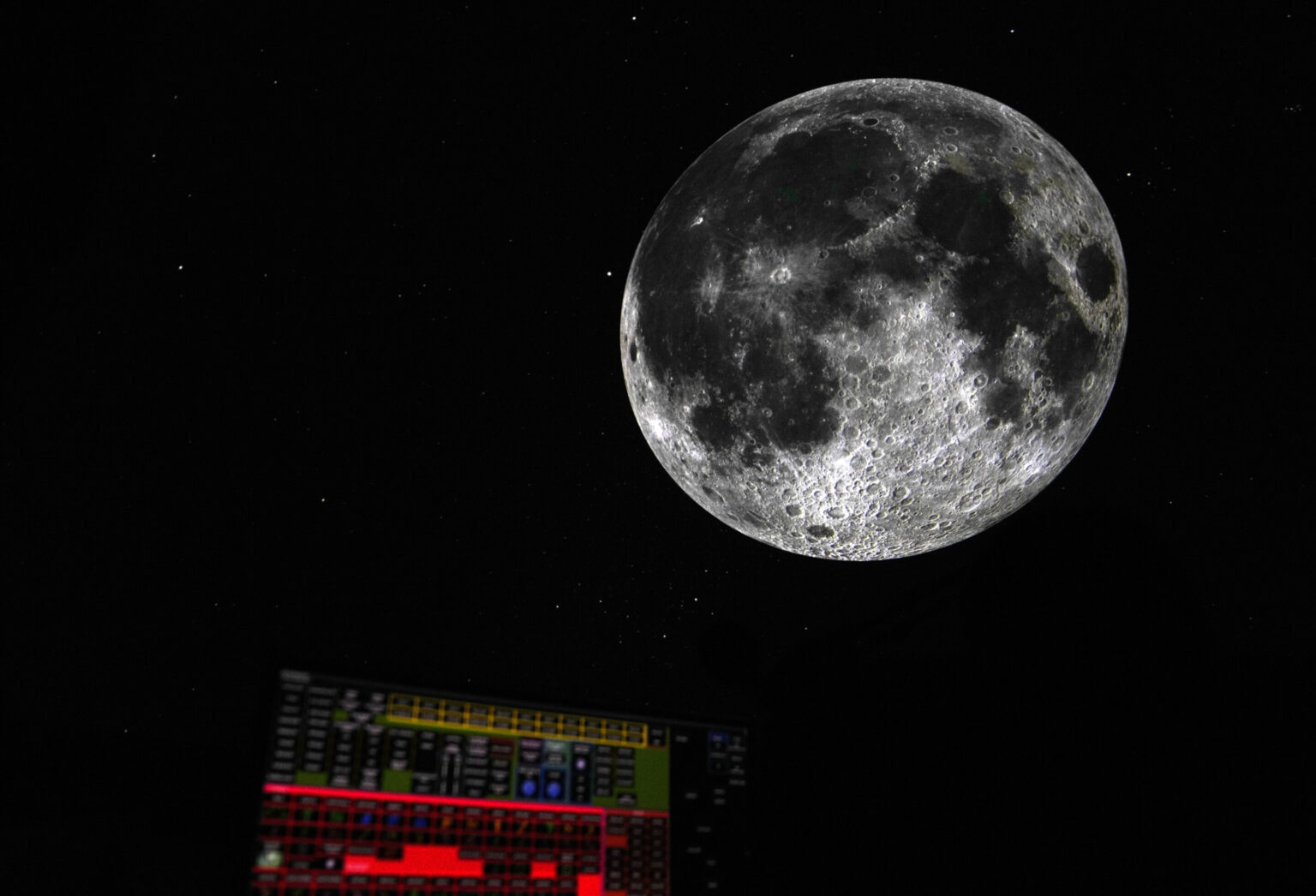The debate over what a single lunar time standard should be continues. The International Astronomical Union has recently joined the process. Scientists call on NASA and the U.S. government to work on this and scrutinize all aspects of the problem.

Own clock
Time goes a little faster on the Moon. An international group of astronomers recently joined calls for the Moon to be given its own kind of clock so that future space missions can track the minutes on the celestial body.
The International Astronomical Union voted Thursday to call on space organizations around the world to collaborate on a standard for counting time on the moon, where one day lasts 29.5 Earth days.
“That’s the crux of our resolution: to work together to establish this standard time,” Susan Stewart of the U.S. Naval Observatory said at the group’s conference in Cape Town, South Africa.
How to measure time on the Moon?
The Moon has less gravity compared to Earth, so time on it goes about 58.7 microseconds faster every day. As more countries and private companies target future lunar missions, astronomers want to ensure perfect synchronization with a single clock. Currently, a mission to the Moon is timed by the country that operates the spacecraft.
Last year, the European Space Agency insisted on creating a lunar clock. And earlier this year, the White House directed NASA and other agencies to develop an initial idea by the end of the year, with a final plan due by the end of 2026.
According to Bijunath Patla, a physicist at the National Institute of Standards and Technology, astronomers are just beginning to determine exactly how lunar time will be counted.
According to phys.org


